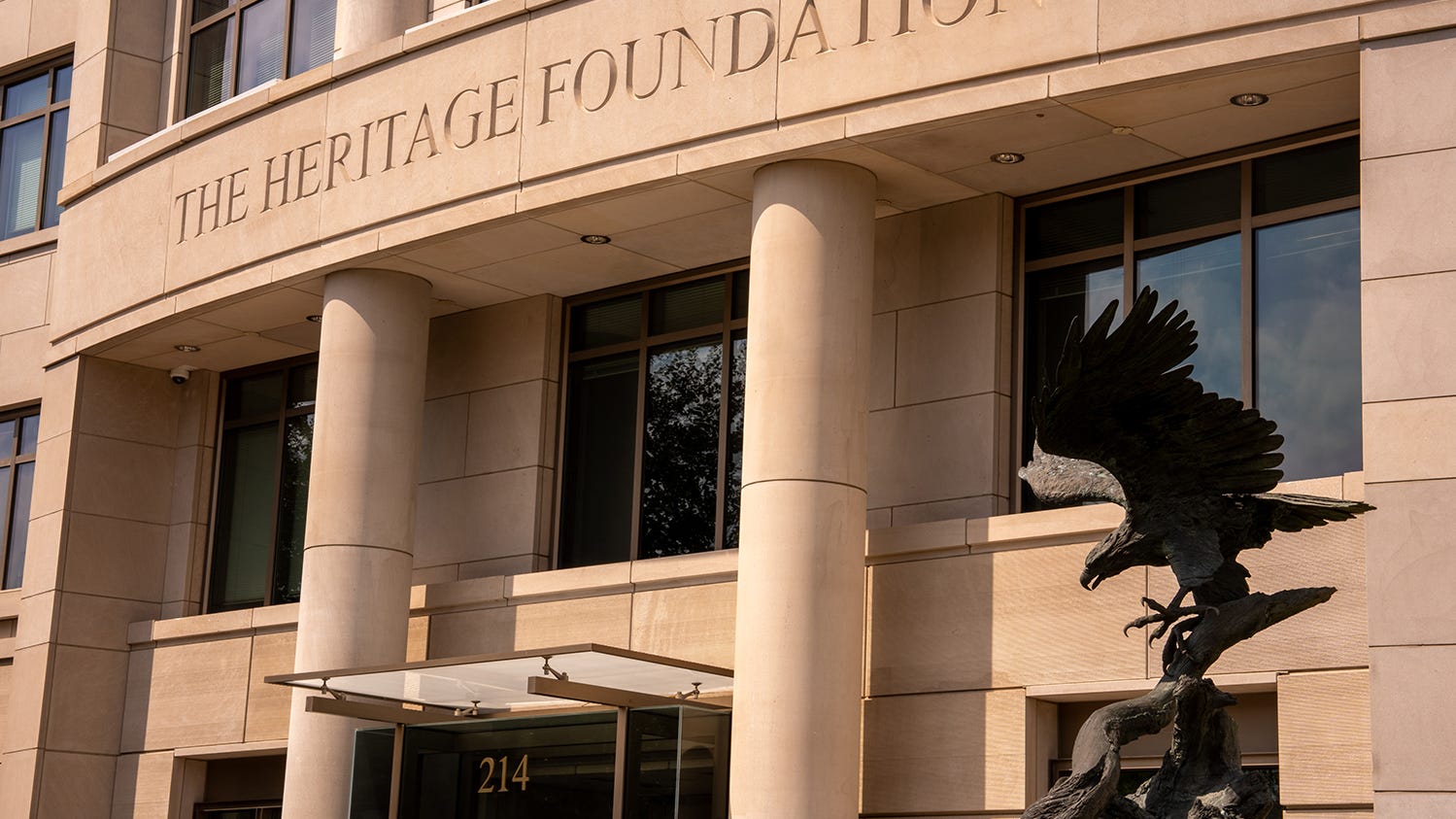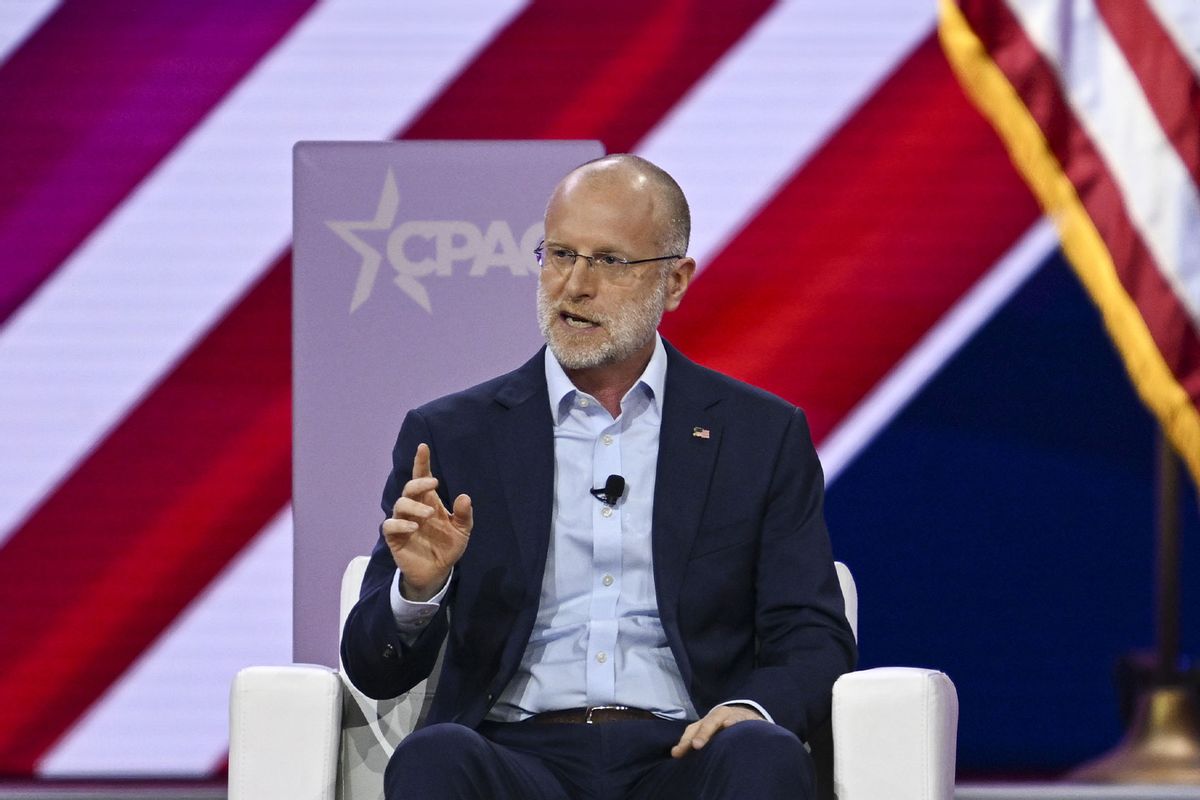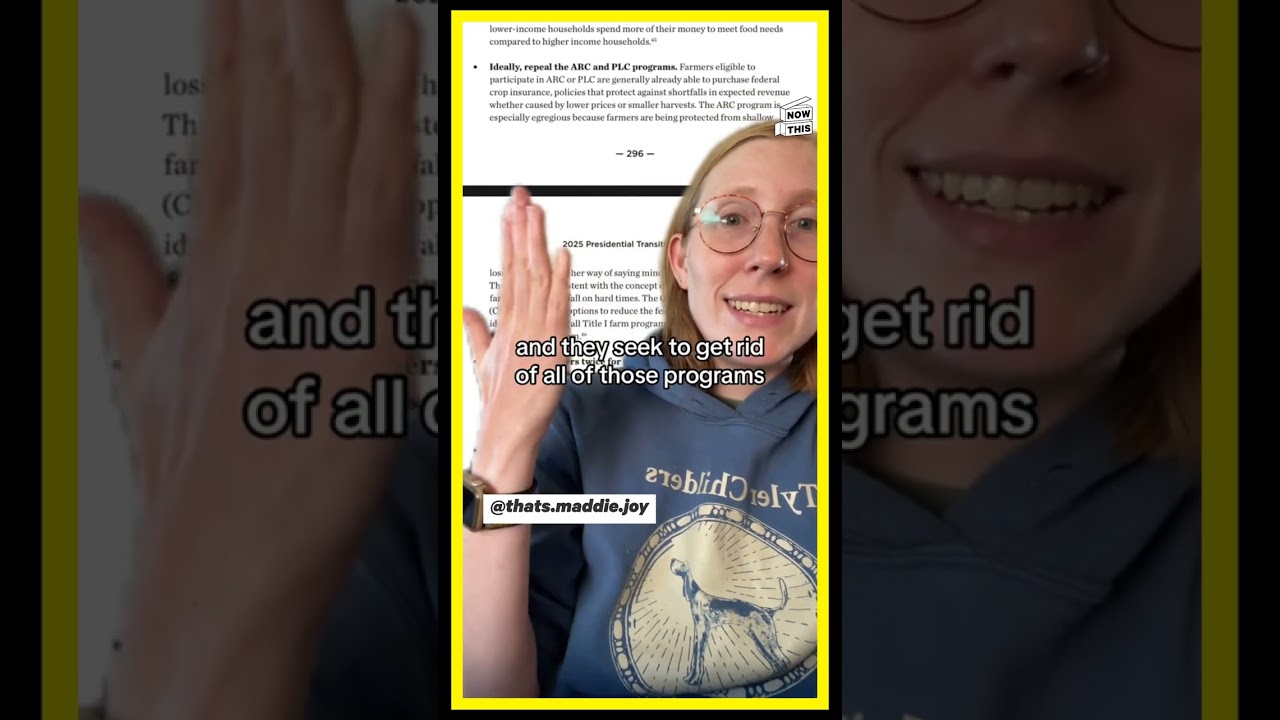Originally at https://www.newsweek.com
Project 2025, the blueprint for former President Donald Trump and Republicans‘ rightwing takeover of the U.S. government, could pose a grave threat to public health by dismantling essential safeguards designed to protect Americans—the air they breathe, the water they drink—from hazardous chemicals.
Here’s how Project 2025 threatens to erode protections and do lasting damage to Americans’ public health:
Project 2025 proposes downgrading the classification of perfluoroalkyl and polyfluoroalkyl substances (PFAS) from “hazardous” to a mere “contaminant.” PFAS, known as “forever chemicals,” are currently prevalent in everyday materials such as cookware, plastics, and firefighting foams. This change will reverse the U.S. government’s April decision to classify certain PFAS as hazardous due to their links to serious health issues like cancer and developmental problems. Lowering their classification will do industry’s bidding, leading to reduced safeguards, fewer cleanups, and increased exposure to these dangerous substances.

Smokestacks rise above the production facility for the Northern Engineering Works, in Detroit, Michigan, circa 1955.
FPG/Archive Photos/Getty Images
Their playbook also threatens to eliminate the ability to assess the “cumulative impact” of toxins through the Toxic Substances Control Act. Currently, the U.S. government examines the overall exposure to chemicals from various sources—water, soil, and products. Without this comprehensive approach, it will be nearly impossible to gauge the full extent of harm from multiple sources of toxins, a crucial aspect of understanding and mitigating health risks.
Project 2025 seeks to dismantle the National Weather Service’s (NWS) role in educating the public about air quality risks, including ground-level ozone and particulate matter. These pollutants contribute to more than 100,000 premature deaths annually and impose a $150 billion economic burden due to health-related issues. Removing NWS’s educational functions only serves to hide the truth, and it will diminish public awareness and preparedness, leading to more preventable health issues.
Finally, Trump’s Project 2025 would seek to dismantle precautionary measures for pesticides. The Integrated Risk Information System, which evaluates health risks from chemicals, is at risk of being defunded under Project 2025. This system is critical to assessing the dangers of cancer-causing substances and setting precautionary standards. Eliminating it places chemical companies above humans by removing a crucial tool for protecting public health from toxic chemicals.
These threats come at a time when communities across the U.S. are already struggling with environmental injustices and pollution. We have seen this in the Southside of Tucson, where toxic water contamination has exacerbated the long-term struggles of Latino communities. In Louisiana’s “cancer alley,” low-income and Black communities have disproportionately borne the brunt of pollution from the oil and gas industry. And in Detroit, underserved communities of color are still battling the decades-long legacy of pollution and poor air quality from the Motor City’s automotive manufacturing industry.
Fortunately, the Biden-Harris administration has made historic progress in addressing these injustices through the Justice40 Initiative and its executive order to advance environmental justice for all. These significant steps help ensure that communities overburdened by toxic chemicals and pollution have the tools and support needed to safeguard their health. However, the fight is far from over.
Project 2025, would swiftly and recklessly undo this progress, putting Americans’ health at risk. To ensure the safer, healthier future all Americans deserve, we must uphold and strengthen our environmental protections rather than dismantle them. We must codify the Biden-Harris administration’s environmental justice efforts into law by passing the A. Donald McEachin Environmental Justice For All Act. And we must pass comprehensive legislation to protect public health.
In this critical moment, we must reject the extreme agenda of Trump and Project 2025 and support commonsense protections against toxic chemicals and pollutants. There is no more important thing to individuals than the health of them and their loved ones. We must build on the collective and moral principle that all people have the right to pure air, clean water, and an environment that keeps us healthy. The American people and our environment deserve nothing less.
Rep. Raúl M. Grijalva represents Arizona’s 7th Congressional District. Dr. Michael Shank is adjunct faculty at New York University’s Center for Global Affairs and a visiting scholar at George Mason University’s Carter School for Peace and Conflict Resolution.
The views expressed in this article are the writers’ own.
Read the Original Story




